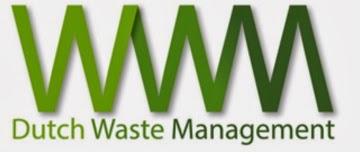Together with three Ukrainian
universities and five Dutch based companies and supported by the
Cross-programme, Saxion University (Prof. dr. Johan Wempe) organized three series of master classes to
develop ideas for projects for sustainable energy for Ukraine projects in Ukraine.
The students formed teams around five projects: waste to energy, biogas, energy farm, building related energy supply and energy efficiency opportunities for the woodworking enterprise. Besides the technical aspects, the alternative organizational forms, new forms of communication, and radically new business models are crucial for these sustainable initiatives.
The master-class were carried out in three locations: Kyiv, Lutsk and Odessa. It consisted of two session days (one in April and one in June). In between these two meetings the teams will work on their research. The students communicated via Skype with the Dutch companies and the coordinators in order to get feedback, discuss research progress and problematic points.
The master classs ended with a conference where the results of research were presented and open for discussion. Interested businesses, institutions and governmental officials ere invited to participate.
Universities
The involved professors and universities are:
• The professors Taras Komenda and Andriy Korovytskyy from the Lutsk National Technical University.
• Prof. Galyna Strelkova from the Institute for Energy Saving and Energy Management of the National Technical University of Ukraine “Kiev Polytechnic Institute”.
• The professors Evgeny Fomichev and Lidiya Voloshchuk from the Odessa National Polytechnical University.
Involved Dutch companies and organizations / NUSEP members
The Dutch based companies are:
• BGP: Andrey Yefimov;
• De Bruijn Advice & Practice: Peet de Bruijn;
• KSB: SvitlanaTsvetkova, Kay Rostalski and Jacques Hoos;
• AgroCircle: Richard Kamsteeg;
• Triodos Facet BV: Arjan Visser.
Dutch Waste Management will support master classes in new regions. Education and communication are crucial in developing Waste to Energy - change management. This week Saxion and Dutch Waste Management discussed this program with NBSO - India - Ahmedabad representative Mr. Jolly Joseph.






